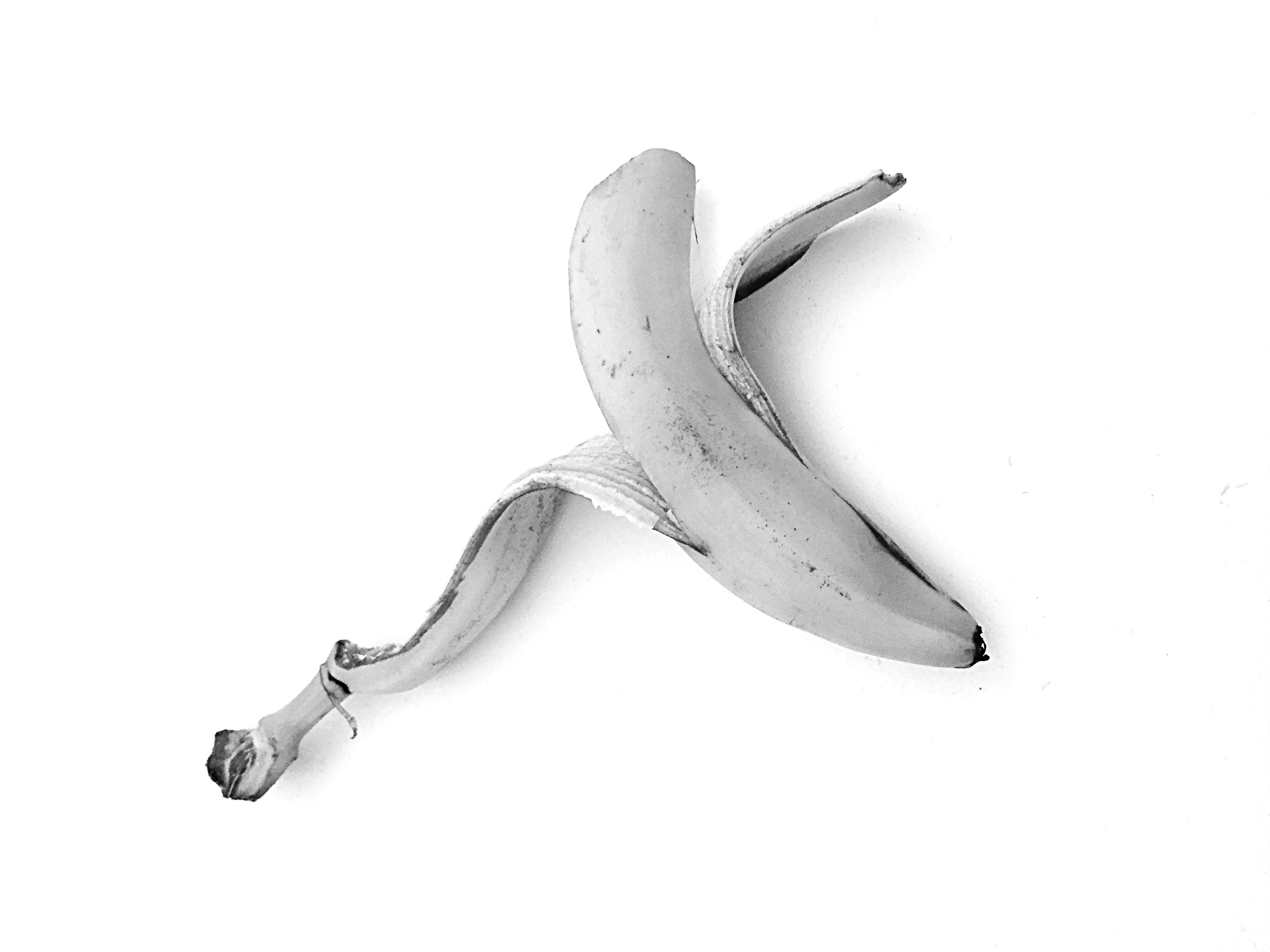EVERYONE LOVES BANANAS. IN FACT, the world loves bananas so much that it’s now the world’s most exported fruit. A study conducted by the Produce Marketing Association found that bananas constitute a third of all fruit imported to the United Kingdom. However, the UK discards 1.4 million bananas daily—and this doesn’t include even more that spoil in transit.
When it comes to distribution and shipment, many bananas spoil before they reach the store. This is because industry standards require bananas to remain green when they’re being shipped. Any produce that has ripened in transit is immediately thrown out.
The UK-based company It’s Fresh has created a solution to address this problem: ethylene filters. Ethylene is a simple hydrocarbon gas naturally emitted by ripening fruit. As the gas builds up around the fruit, ripening accelerates—green bananas turn yellow, and lots of bananas packed together create more gas, ripening faster. The filter absorbs ethylene around packed fruit and slowing down the ripening process. If just a few exporters began using these filters, over 250 million bananas could be saved from going to waste each year.
Produce Report described a series of independent trials conducted by Dr. Manuel Madrid, managing director of agricultural consultancy Fruit Profits. The trials found the filters extended the green life of bananas from 35 to 70 days. This provides more time for exporters to ship them to storefronts across the world before the bananas spoil. The filters also increase bananas’ shelf life by two to four days.
The founder of It’s Fresh, Simon Lee, said the company is committed to reducing global food waste. Cutting down on the amount of food that is thrown out during the production process will also go a long way toward reducing the amount of methane given off by landfills. And on the other side of the supply chain, reduced waste will decrease banana growers’ usage of water, soil, and fertilizer.










